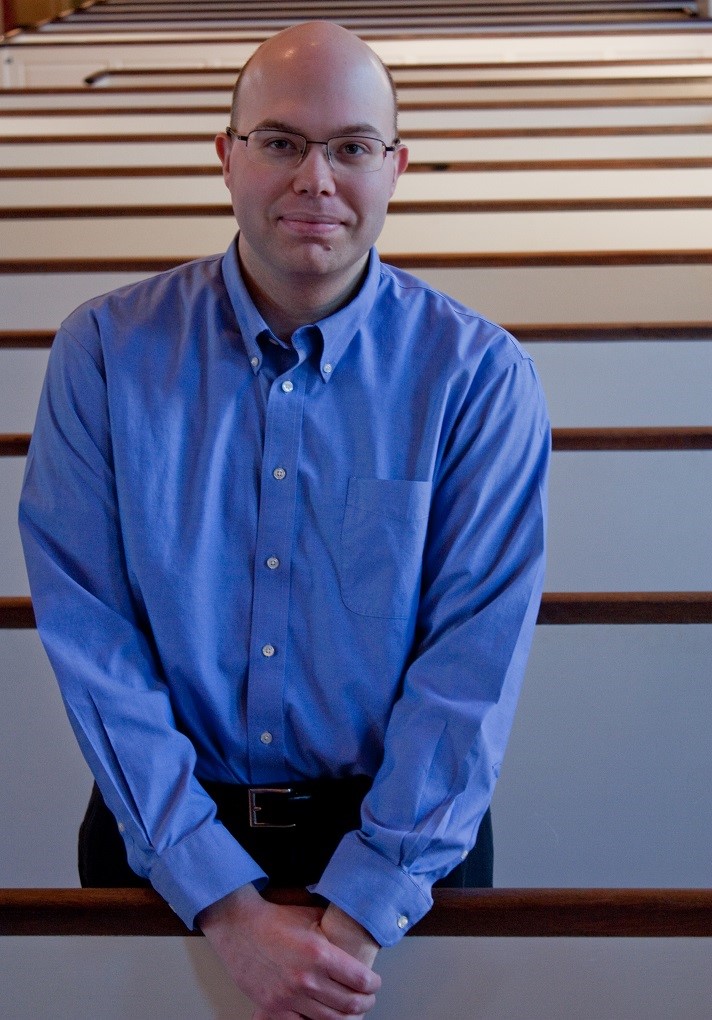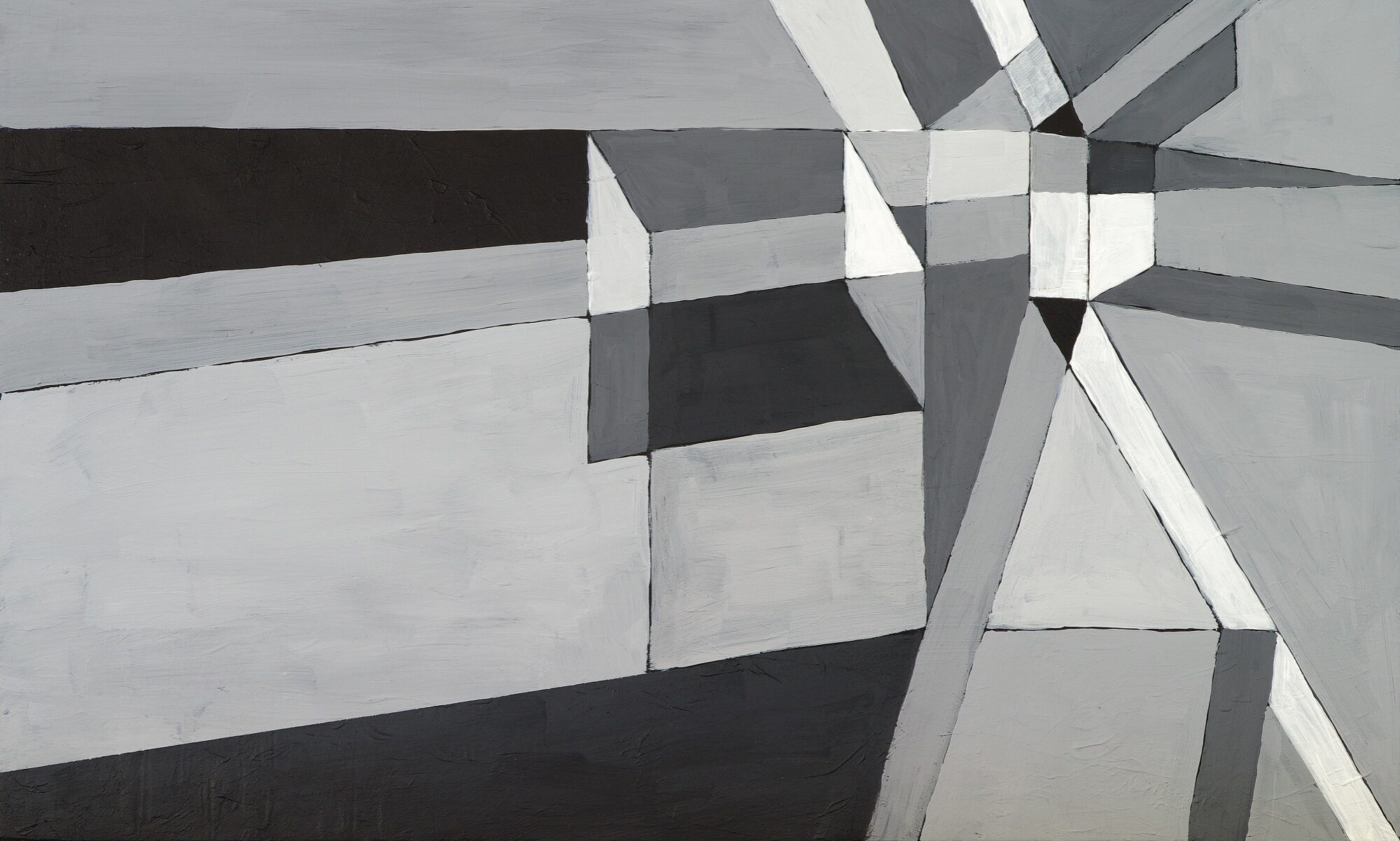
(Photo by Colby Cooman)
Foreword by Carson Cooman to the printed organ works editions from 2020:
I first came to know Frederick Frahm and his music in 1997. I do not now remember the specific impetus that connected us, but given that I was then in the very early years of a career as a composer and organist who was interested in much more than church music, I felt an immediate connection to Fred’s own work and wide musical interests. Our first project (of many in the years to come) was a piano solo that he composed for me in 1998 inspired by an Emily Dickinson poem. In the years since, I have seen most all of his major works, performed a number of his compositions for organ (as well as some for other forces), and served as the editor for several of his publications.
I have worked with a very large number composers in my career to date as a new music specialist. With some my interest has ebbed and flowed at various points. However, Fred’s work has been an enduring constant. I admire tremendously his distinct and personal artistic voice. His work speaks with great clarity. Shapes and forms are articulated and etched with precision. Juxtaposition and repetition create a dialogue in time between the musical blocks that comprise a Frahm piece. But ultimately what moves me the most is the emotional landscape that the pieces create in sound and time. Technical matters are one thing; however, I find that his work is not only accomplished, but consistently profound in its emotional depths and the experience that it conveys to both performers and listeners. I consider his body of work a truly important contribution to the American organ literature.
Across these anthologized volumes of organ compositions, one will easily see different sources of inspiration at work. There are pieces that are largely abstract in their conception: formed from an enduring interest in architectural forms, symmetries, and juxtaposition. The ten fantasies are the most significant example of this. There are pieces that take their inspiration from literary sources: both poetry (The Kingdom of Anxiety, In Winter Woods, La Morte Meditata) and historical prose (Cabeza de Vaca). There are pieces that are inspired by works of art (Rose Garden). And there are pieces inspired by the natural world, most especially the distinctive landscape of the American southwest (On Mesa Verde) where the composer has been based in recent years.
Fred’s chorale-based music is informed by his Lutheran background and education, and his many years of experience as a church musician in both the Lutheran and Episcopal traditions. However, in most of these pieces, the Frahm original material is equally prominent as the chorale/hymn melodies, sometimes even more so. These pieces are not “organ hymn arrangements” in the manner that has become commonplace in American organ music since the second half of the 20th century. The Frahm pieces are contemporary works that partake of the older Germanic tradition of original pieces that use chorale material as one of their source elements.
Among Fred’s many organ works, one can find something for all possible uses and instruments. The pieces range from short single movements to multi-movement concert suites. His great love for chamber organs (and colors formed from individual stops or small combinations) means there are many works that are tremendously effective on even the very smallest instruments, including organs without pedals. Other works burst with the power and color palette that are best provided by a large instrument in a resonant space. Feel free to explore the varied possibilities and uses that these pieces offer.
You will not regret adding some of this music to your repertoire and getting to know this wonderful composer’s unique voice. This is music that, while deeply-rooted in tradition, speaks with a voice of the present, and it never for one moment forgets the genuine communicative power that great music can have.
Carson Cooman
Composer in Residence,
The Memorial Church, Harvard University
